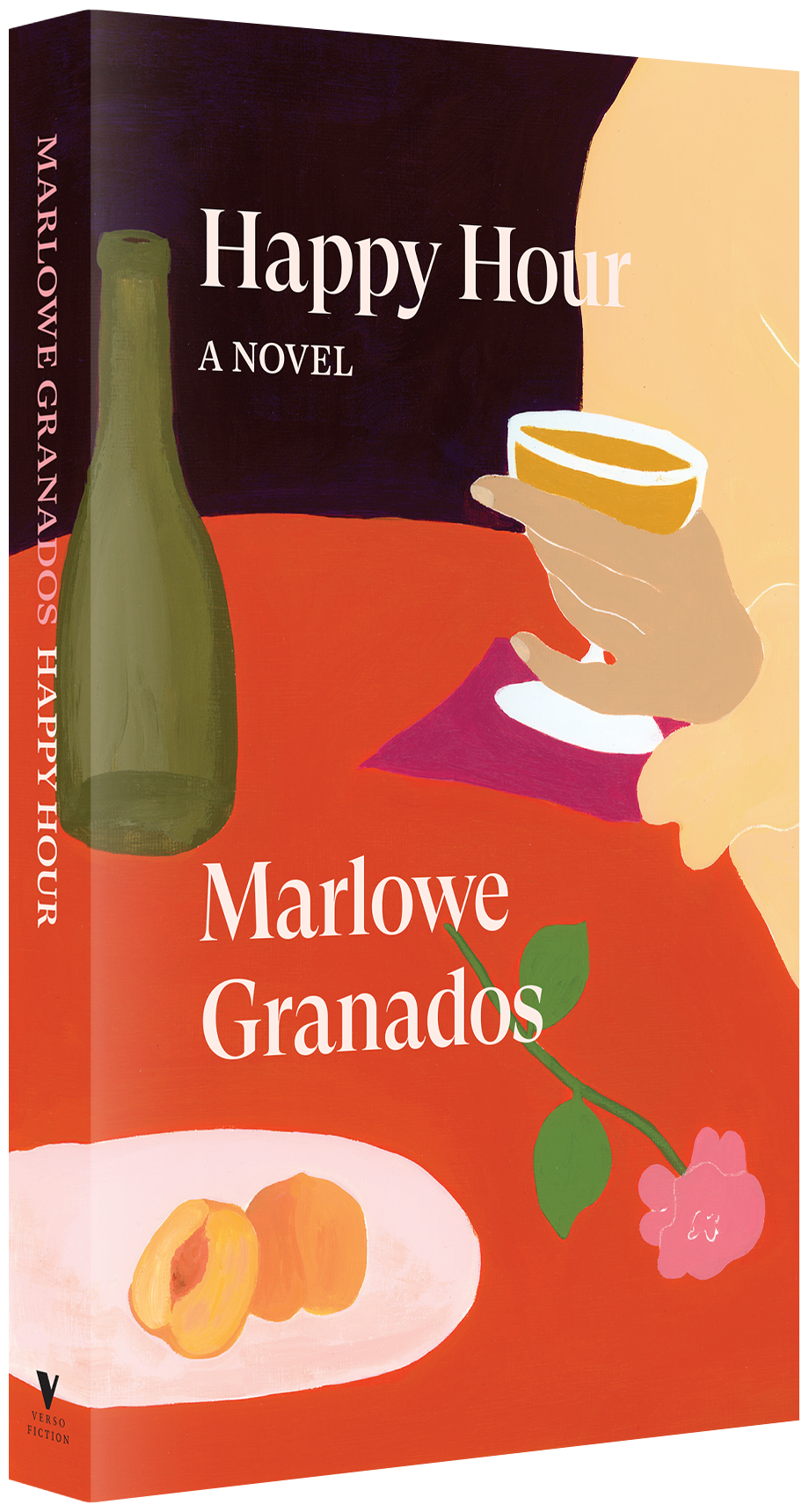

One of the most striking things about Happy Hour is the vividness of the first person narrator’s voice, who catalogues her escapades in diary form. They’re so in charge of themselves and they’re self-assured in a way that it’s rare for young women to be portrayed.” There’s a pursuit of life the girls have, where they’re not willing to be defined by work or labour or capital, and the way they take fun seriously. “To be honest, I didn’t want it to be marketed like other novels by young women writers, where it’s promoted as ‘coming of age etc., etc.,’ which misses some of the intricacies in the work. “I feel like I’m more in control of the rollout of this book,” Granados says of her choice to go with a small press, despite interest from bigger houses. “She must have been, like, who is this person?” Long story short, Granados, who figures “I must have made an impression,” mentioned she was a writer, and Keeler asked whether she had anything she could read.

Anyway, I left a pair of gloves at her house that night, and the next day I tried to get them back” – which is when they met properly for the first time. The story of how Granados ended up signed to it reads a lot like something that might have happened to one of her characters: She ran into Emily Keeler, one of Happy Hour’s editors, at a New Year’s Eve party. Happy Hour is the first title released by Flying Books, a Canadian publishing house launched in 2019.

Not that this stops her endearing protagonists, Isa Epley and her best friend, Gala, from having a madcap ball in the last days of the pre-Instagram world.

It is a snapshot of the young people who flocked to New York chasing the dream of a city that they’d been fed by pop culture – Sex and the City glamour whirled up with the gritty artists’ world of Patti Smith’s Just Kids – and attempting to find a foothold with little to recommended them but “the fact that they’re charming, pretty and fun,” as Granados puts it. It’s what makes her debut, Happy Hour, feel like both a time capsule of millennial life circa 2013 and a taste of what promises to be one of the most entertaining chroniclers of the particular social mores of a specific subset of Gen Y. Granados, who’s based in Toronto but has lived in London and New York, specializes in that sort of closely observed detail. It’s gotten so torn up that I’m like, ‘What did you guys do to this book? It looks like someone chewed on it.’” One of my other friends has quite a few roommates, and it’s been on their coffee table. “My one friend always reads it in the bath, so it’s covered in water stains. “You can see how they’ve all worn differently,” Granados says on a video chat, one eye on her cat causing mischief just off screen. In the three months or so her book has been out, Marlowe Granados’s friends have been sending her pictures of the volume in situ at their individual homes.


 0 kommentar(er)
0 kommentar(er)
